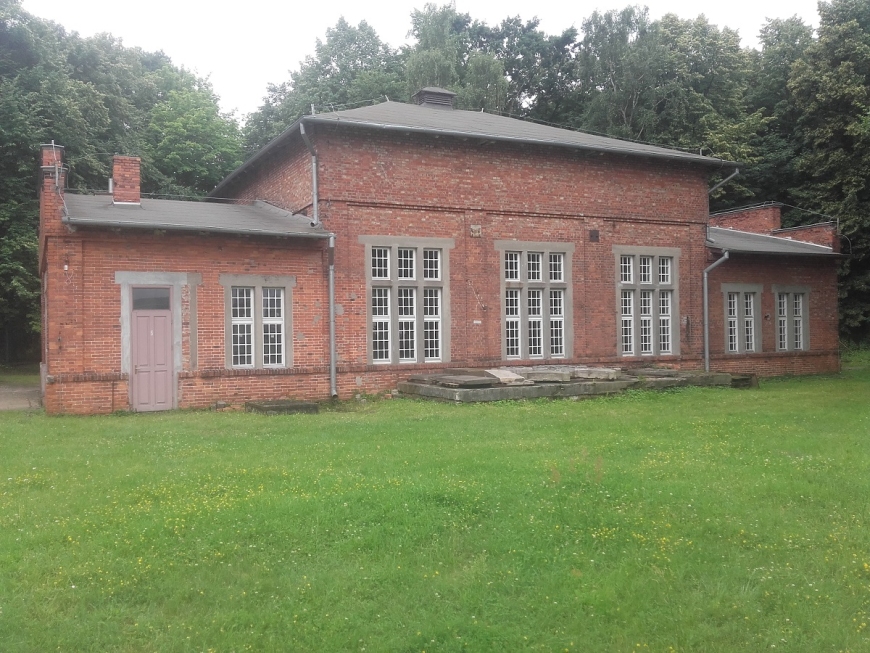Westerplatte - historic building of the Power Plant becomes the first establishment of the new Museum
It is our great pleasure to inform you that on the 30th of July 2019, Ms Danuta Sikora, Director of the Regional Branch of the Military Property Agency in Gdynia, officially vested the keys to the historic building of the Power Plant in Westerplatte in Director Karol Nawrocki.
Thus, a contract signed on the 8th of July 2019 is being performed concerning the lending of the property along with the plot of land on which it is located for an indefinite period of time. The event constitutes a milestone in the history of the Museum of Westerplatte and the War of 1939 - branch of the Museum of the Second World War. From now on, the Museum of Westerplatte and the War of 1939 will be able to use the historic building and a piece of land of the former Military Transit Depot which will allow the institution to carry out statutory activities to a previously inaccessible extent. Symbolic accession to an estate will take place on the 1st of September, when right after the anniversary ceremony at the Monument of the Defenders of the Coast, another ceremony will be held - cornerstone will be laid for the construction of the Museum of Westerplatte and the War of 1939 on the peninsula.
Power Plant
In 1926, building of the power plant was erected in Westerplatte containing combustion generators which were supposed to be used in case power supplies from Gdańsk were interrupted. The building wasn’t used during the fights - as hostile shell-firing had been expected, a separate generator was installed in the building of the new barracks. The power plant is now the only Depot building which has been preserved almost entirely in its shape from 1939.
I remember the first time we entered the power plant; the front door had been torn out by a blast, all glass had been smashed, so that the entire floor of the machinery room was covered with glass. It was impossible to enter the machinery room due to the noise made by the glass crushed under the shoes (...) We approached the power plant a few times, yet everything remained unchanged there too. We were happy that the engines hadn’t been damaged - sergeant Michał Gawlicki.

















